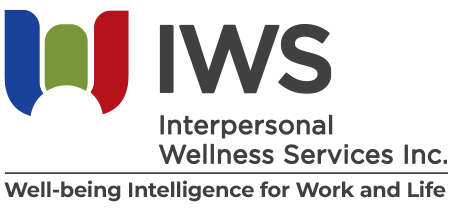Are you ready to lead in the age of digital transformation?
I have been onboarding leaders into our Relational Leadership program this week and one of the questions we ask is whether they are ready to lead in the digital age.
Here is why we ask this question. Many leaders are pulled in every direction to get their work done, and leadership is just another task added to their plate.
Leading in the digital age means that your employees are working hybrid, remotely, and at times on site. There is no longer a one-style fit-all leadership approach that leaders got away with in the past.
Today's digital leaders could be leading several generational groups who have varying levels of comfort level with technology. Those you lead could be older, younger, and your own age. Being able to relate well with diverse groups is a must for leaders in the digital age.
There is also the diversity in interpersonal and communication skill levels in those you lead. As a leader, you must be able to communicate with these diverse groups, understand how they learn, and develop a resilient mindset that will enhance your agility and flexibility.
While leaders in the past got away with leading from the hip, digital leaders will no longer be able to hide in their offices. They need to relay a sense of caring and concern for those they lead that makes up for regular in-office huddles.
They must understand and relate to the human side of their employees as that leader may be the only one an employee interacts with that day.
In a recent employee-leader conflict, the underlying cause was that the remote leader only focused on metrics, performance, and problem-solving. This left the employee feeling bereft and “unheld” by the world. In this case, the employee had no close relatives or significant other and began interpreting the leaders' interventions as reprimands, instead of a desire to teach and help.
After coaching the leader on how to relate better with remote employees, the conflict fizzled out and the two started looking forward to their time together. This resulted in a pronounced positive impact on the mental health of both the leader and the employee.
If you are wondering why your team member's response to your leadership is not what you expected, there are still spots left in the Relational Leader Program, where we help you to develop the skills to relate well in the digital world. This is a powerful blended learning program that teaches theory and practice, with one-on-one and group coaching to focus on your growth and development as a leader.
Here are some benefits of being a Relational Leader:
- Better connection with employees across gender, age, culture, and all diversities.
- They understand the complexities of the intersectionality between DEI, mental health, and well-being.
- They earn more respect. Employees respect them for acknowledging their humanity.
- They lead healthier workplaces – their employees are less stressed about their reactions when things don’t go as planned.
- Psychological safety – their employees feel safe in their presence. They are not worried about being mistreated, ignored, overlooked, or yelled at when they make mistakes.
These are just a few of the benefits that you and your employees can experience when you practice the Relational Leadership approach.
Top leaders are respected for their ability to lead high-performing teams who get RESULTS and lead psychologically safe workspaces in high DEMAND.
Contact me to learn more about the Relational Leadership program or DM me to discuss how you can bring this concept to your organization to reduce remote leadership challenges.
To Your Wellness,
Joyce

